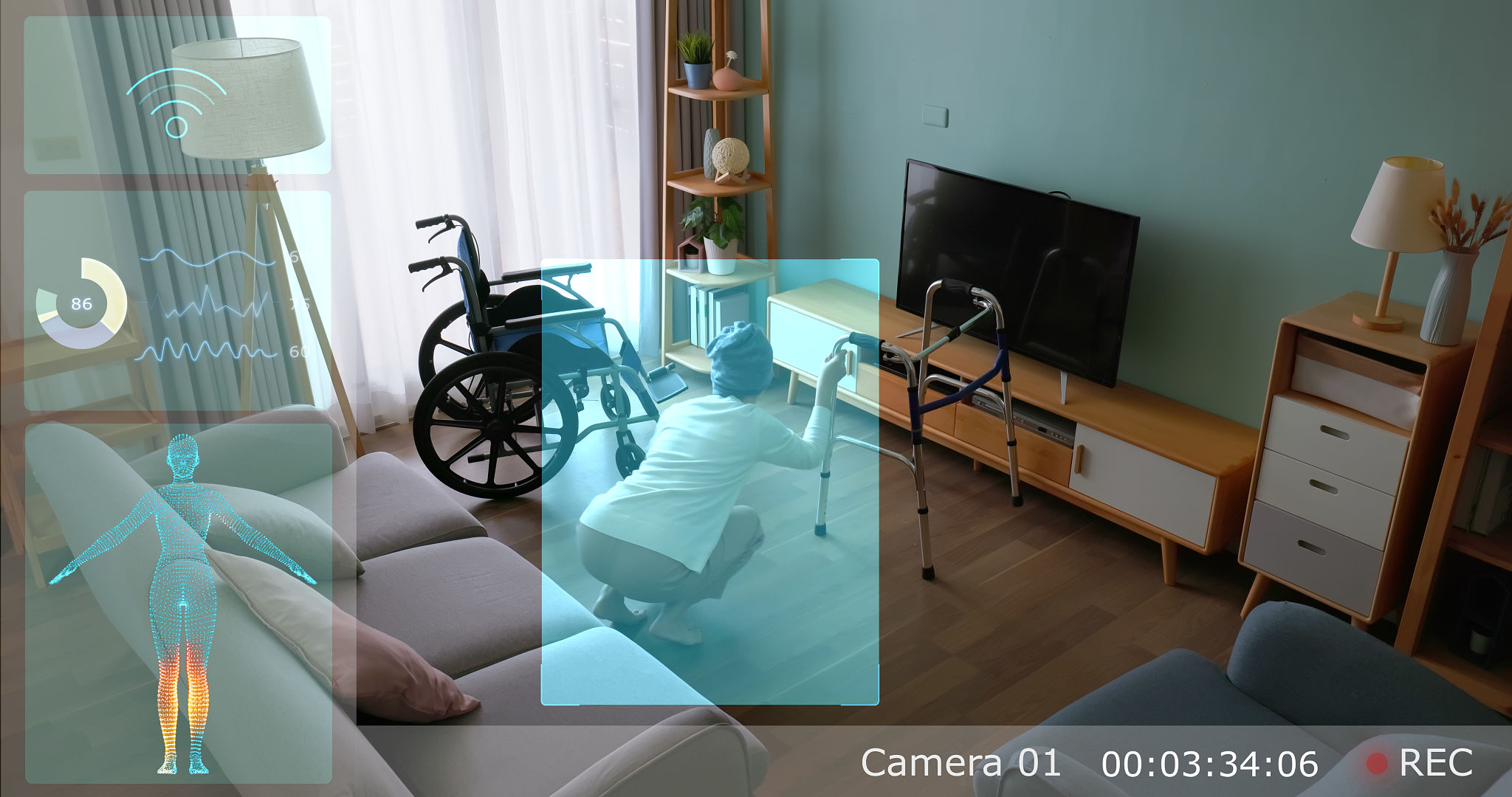Expert Insights: How Digital Health Tools Are Transforming Patient Care
Revolutionizing Patient Care with Digital Health Tools
In recent years, the healthcare industry has witnessed a significant transformation, driven by the rapid advancement of digital health tools. These innovations are not only enhancing the quality of patient care but also reshaping how healthcare providers deliver services. From wearable technology to telemedicine, digital health tools are at the forefront of this revolution, offering a multitude of benefits for both patients and providers.

The Rise of Wearable Technology
Wearable technology is one of the most prominent digital health tools making waves in patient care. Devices like smartwatches and fitness trackers have become household staples, enabling patients to monitor their health metrics in real-time. These devices provide valuable data on heart rate, sleep patterns, and physical activity, empowering patients to take proactive steps towards better health management.
Moreover, wearable technology allows healthcare providers to gather continuous data, offering insights into a patient's health trends over time. This data-driven approach facilitates more personalized treatment plans and timely interventions, ultimately improving patient outcomes.

Telemedicine: Bridging the Gap
Telemedicine has emerged as a crucial tool in extending healthcare access to remote and underserved communities. By leveraging video conferencing and online communication platforms, telemedicine allows patients to consult with healthcare professionals from the comfort of their homes. This not only saves time and resources but also ensures that patients receive timely medical advice, regardless of their geographical location.
During the COVID-19 pandemic, telemedicine proved to be a lifeline for many, providing a safe alternative to in-person consultations. The convenience and effectiveness of telemedicine have solidified its place in modern healthcare, paving the way for more hybrid models of patient care.

Enhanced Patient Engagement through Mobile Health Apps
Mobile health apps are another game-changer in the digital health landscape. These applications offer a wide range of functionalities, from medication reminders to personalized wellness plans. By keeping patients engaged and informed, mobile health apps foster a sense of ownership over one's health journey, encouraging adherence to treatment regimens and healthy lifestyle choices.
Furthermore, mobile health apps often incorporate features like symptom tracking and virtual consultations, providing a comprehensive platform for managing health conditions. This level of engagement is particularly beneficial for chronic disease management, where consistent monitoring and communication with healthcare providers are crucial.
Data Security and Privacy Concerns
While digital health tools offer numerous advantages, they also raise concerns about data security and privacy. Protecting sensitive patient information is paramount in maintaining trust and ensuring compliance with regulations like HIPAA. Healthcare providers and developers must prioritize robust security measures to safeguard patient data from breaches and unauthorized access.
Encryption, secure data storage, and strict access controls are essential components of a secure digital health ecosystem. By addressing these concerns, stakeholders can continue to leverage digital health tools while maintaining patient confidentiality and trust.

The Future of Digital Health Tools
As digital health tools continue to evolve, their potential to transform patient care is boundless. Emerging technologies like artificial intelligence and machine learning hold the promise of even more sophisticated healthcare solutions. From predictive analytics to virtual health assistants, the future of digital health is poised to deliver unprecedented levels of personalized care.
For patients and providers alike, embracing these innovations is key to unlocking the full potential of digital health tools. By staying informed and adaptable, the healthcare industry can continue to improve patient outcomes and enhance the overall quality of care.
